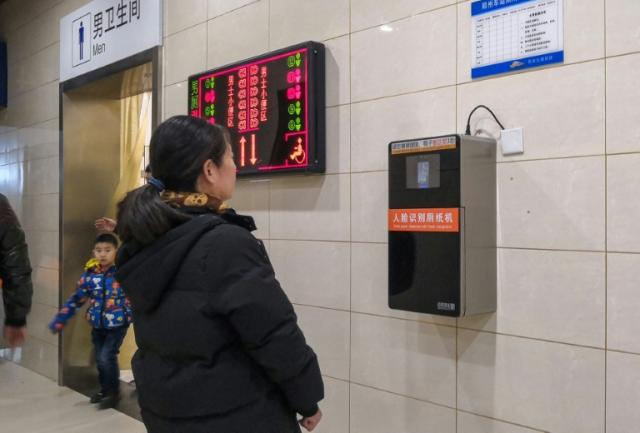Facial recognition technology is widely used in China, which has led to both acclaim for its practicality and criticism over privacy issues. The broad use has also sparked an exponential rise in values for businesses that specialize in the area, including AI behemoths SenseTime and Megvii.
Beijing is now intensifying its efforts to establish more clear limitations for the technology’s use, which might result in some very substantial changes for the business. The action builds on the passage of significant digital rules aimed at cybersecurity, data security, and privacy protection in recent years.
The top internet watchdog in China, the Cyberspace Administration of China (CAC), released a number of proposed regulations on Tuesday to control the use of facial recognition technology. The technology has been widely used in both the public and private sectors, from facial scans used to authenticate payments in supermarkets to identity verification processes at airport boarding gates, the latter of which is becoming a more widespread practice not only in China but also throughout the U.S.
Concerns about bias and privacy have been highlighted by critics of the use of facial recognition. They argue that some residential communities have restricted entry to buildings to facial scans. Concerns have also been raised concerning the impartiality and accuracy of algorithms, especially when it comes to recognizing the faces of minorities, which could result in the unfair targeting of particular groups.
Also, see: Worldcoin plans to resume iris scans in Kenya
The proposed laws appear to provide people more freedom to refuse to have their faces recognized in certain situations, but they have restrictions.
The draft guidelines stipulate that the use of facial recognition should be restricted to “specific purposes and full necessity,” requiring individual approval or written authorization draft.
In public places where facial recognition is being used, the rules underline the necessity for explicit signage. There are laws against forcing people to submit to facial scans for “business operations” or “service enhancements” in places like hotels, airports, and museums. Furthermore, a building’s entrance shouldn’t be controlled solely by facial recognition technology.
If a person under the age of 14 has their facial biometric data collected, their parents or legal guardians’ permission is required.
The use of the technology will result in higher operational costs for both companies and individuals. Companies that have facial data on more than 10,000 people are required to register with a local CAC office. The aim of collecting this data and any data protection strategies must be disclosed in the submission. Collectors are forbidden from keeping facial photographs in their original resolution unless given permission by specific people.
Also, see: Google Assistant reportedly pivoting to generative AI
If the proposed procedures are successfully implemented, they could improve security in a sector that has historically been subject to lax regulation and reduce the likelihood of data handling errors. Millions of people’s sensitive biometric data have been compromised in recent years in China due to a number of significant biometric data breaches.
The nation has also been under fire for using facial recognition technology to identify people’s nationalities, particularly in the case of Uyghurs; however, the new regulations won’t change that. Unless it is deemed necessary for reasons such as national security and public security, organizations and individuals should refrain from using facial recognition technology to create profiles based on race, ethnic group, religion, health, social class, or other sensitive information.
Up until September 7, the plan is seeking public feedback.



















